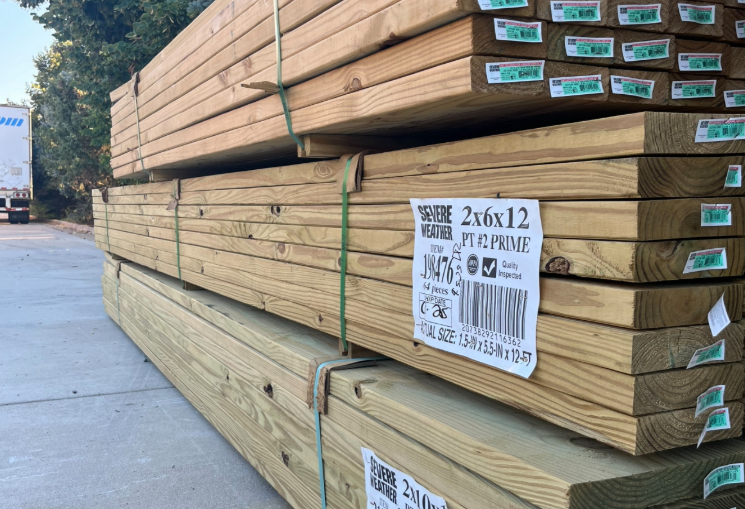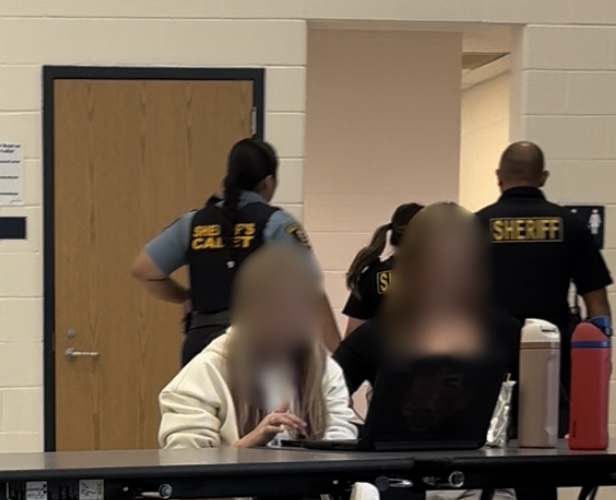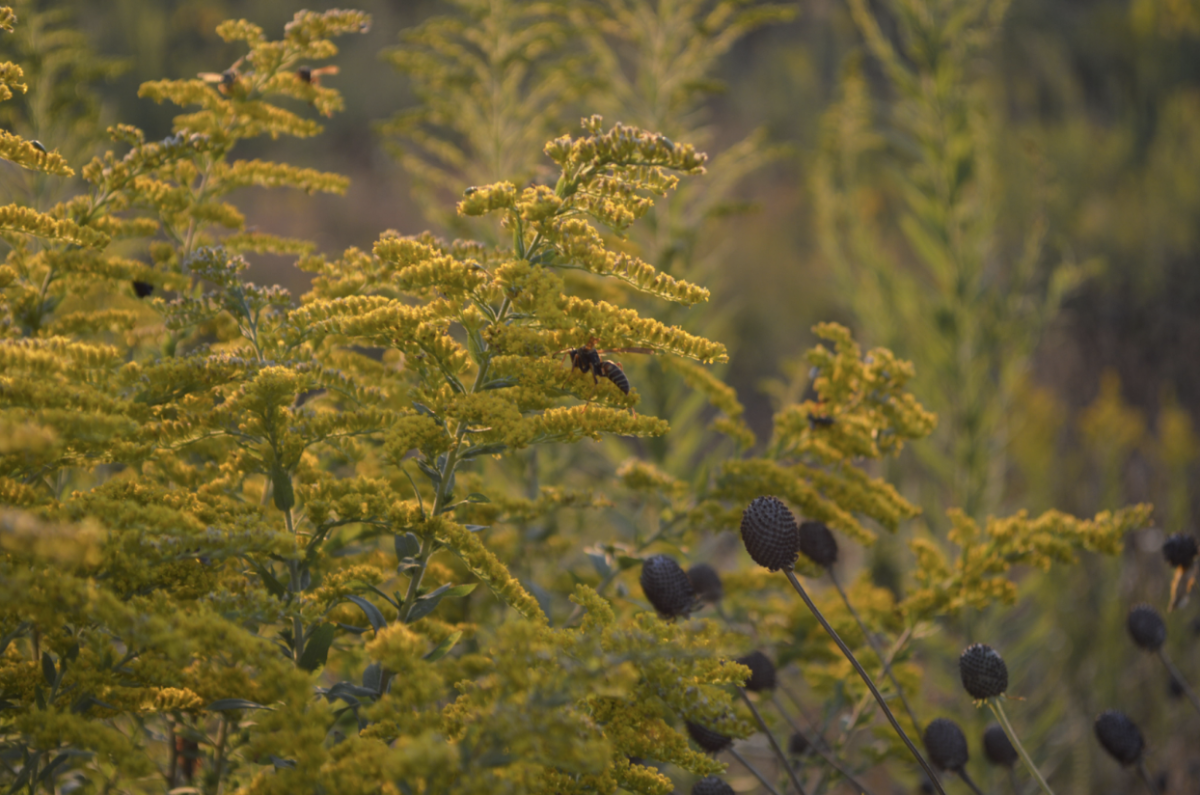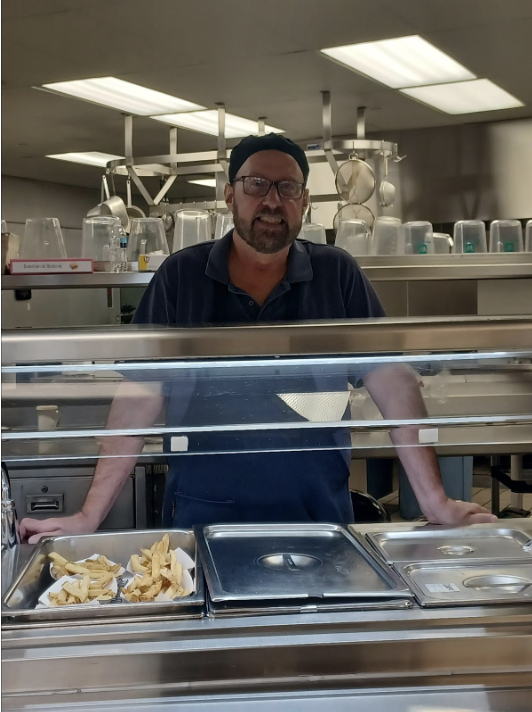Where there were once vast forests, abundant wildlife and fresh air filled with the scent of leaves and moss, there is no longer. All that is left is rapid, angry flames reaching great heights and ash rising in the heat, descending to the ground like snow, leaving a blackened trail on the forest floor. A once clear sky is now suffocated by gray and orange smoke. This terrifying nightmare is the reality of the lowland Bolivia region of Santa Cruz.

3.8 million hectares (about 939,000 acres) have been reported by the Bolivian government to be affected by wildfires. There are multiple wildfires spread throughout six regions of Bolivia (Santa Cruz, Beni, Tarija, La Paz, Cochabamba and Pando) and in sectors of the Amazon rainforest in Brazil. Due to these fires and through the Decreto Supremo 5225 (Supreme Decree 5225), Bolivia declared an environmental pause to its nation, prohibiting fires to be used to clear fields because they were the root of multiple fires throughout the country.
The wildfire smoke is out of control, according to Plan International. The Air Quality Index surpassed the hazardous levels of 400, causing schools to suspend in-person class nationwide, hold some classes online and suspend various commercial flights. Secondary student Ivanna López, like many others, was affected by the suspension of in-person classes.
“Virtual classes are frustrating. I often had internet problems and couldn’t pay much attention,” López said. “It’s heartbreaking to see my city empty, silent and filled with smoke.”
The clearing of land with fire was linked to booming cattle and grain production, which is the reason there are multiple fires throughout the country. Bolivia has also been suffering droughts that have not allowed rain to diminish these fires, allowing them to spread dangerously. Although land clearing practices have now been prohibited, the Vice Minister of Civil Defense in Bolivia, Juan Carlos Calvimontes, expressed his concern that these actions are still being done.
“Sadly, some bad Bolivians keep burning. The fire is still present with the possibility of being absorbed into the forest fires,” Calvimontes said.
The Bolivian government proposed to legislators a law to punish those who cause forest fires with up to 12 years in prison to make the punishment for these actions more serious since they are currently very weak. The Bolivian government also proposed certain laws that are the principal cause for wildfires to be revoked, but the Senate rejected an update of law N.º 741. This law allows burning and clearing fields up to 20 hectares (about 49 acres) per year without any permissions. These dated laws allow people to confidently clear fields with the use of fire, just waiting for wildfires to happen.

In attempts to relieve the fires, Bolivia operated cloud seeding, stimulating the precipitation. This helped a bit, but more fires were later formed.
The armed forces of Bolivia firefighters are combating the wildfires with the help of Brazilian forest firefighters, experts from Chile and volunteer firefighters. These firefighters risk their lives to battle the strong flames. Brigada 1957 UJC is one of the many groups of volunteer firefighters formed to combat the fire. Marcelo Mejia Reyes is a volunteer firefighter for this group.
“We travel five to six hours on bus from Santa Cruz to the municipality of Concepción, then from Concepción we travel two hours to a community called San SIlvestre, by truck for two hours, then another two hours on truck to the sites of fire, and we walk an hour to the specific spots where there are flames,” Mejia said, “The activities begin at night, we eat dinner at seven, then we travel two hours to the hotspots and we work to suffocate the fire. We do this all night and then return at 7 a.m. We sleep until 11 a.m. and eat lunch. In the afternoon, we monitor the flame sights, and then we prepare dinner and repeat the schedule.”
These firefighters dedicate their entire day and night for no reward to help combat the flames to protect Bolivia after seeing the flames grow uncontrollable and destroy the once bountiful land.
In Santa Cruz, there have been reports of medical problems caused by the wildfires. On Tuesday, Sept. 17, 19-year-old firefighter Carlos Cuasace Ipi suffered from body paralysis and an inflamed heart due to the heat and the inhalation of smoke, according to the doctors.

Volunteers and help from organizations like Plan International, who are helping distribute humanitarian assistance in the most affected areas, are also doing their part to combat the fires and help the people of Bolivia. Many citizens of Bolivia ask themselves what the government is doing to combat the flames and relieve the suffering of the people.
Pedro Callisaya Aro, the Ombudsman of Bolivia (Defense of the People of Bolivia), pressed judicial action against the Bolivian government for the wildfires. Callisaya blamed the government for their irresponsibility in not taking proper measures to protect their country.
On Thursday, Sept. 12, former president Jeanine Áñez claimed that Movimiento Al Socialismo (MAS), or Movement to Socialism, which is a socialist political party, was responsible for the growth of the wildfires.
“The MAS regime doesn’t feel the least amount of respect or care for the Bolivian towns. They have allowed the expansion of the fires,” Áñez said.
Áñez accused MAS of having intentions behind allowing the growth of the fires to take over indigenous lands and the towns of Beni and Santa Cruz.
López also expressed her distress by saying, “Being in a city filled with smoke is not pretty. It is one of the ugliest things to see your nation in this state, especially seeing your government do nothing to detain it.”

With many citizens criticizing the government, this is important for the upcoming Bolivian elections in 2025. Many blame MAS and their leader Evo Morales, former president of Bolivia and Bolivia’s first Indigenous president, who served an unconstitutional third term. Many others blame president of Bolivia Luis Arce Catacora Morales’ chosen successor after Morales resigned and fled the country. Both are expected to pursue re-election.
Bolivia is in dire need of help. Politics are overshadowing the health of Bolivian citizens and allowing the relentless flames to burn throughout the nature reserves of Bolivia, destroying the environment and killing and displacing wildlife. While firefighters and volunteers are diligently working around the clock, many people continue to ignorantly use fire to clear fields while their country is in flames and suffocated in smoke.
“We can’t breathe correctly,” Lopez said. “People desperately search for help from anywhere. People come from provinces in search of basic needs. Sometimes they come from as far as two hours away.”
(The quotes are translated to English for easy comprehension.)













